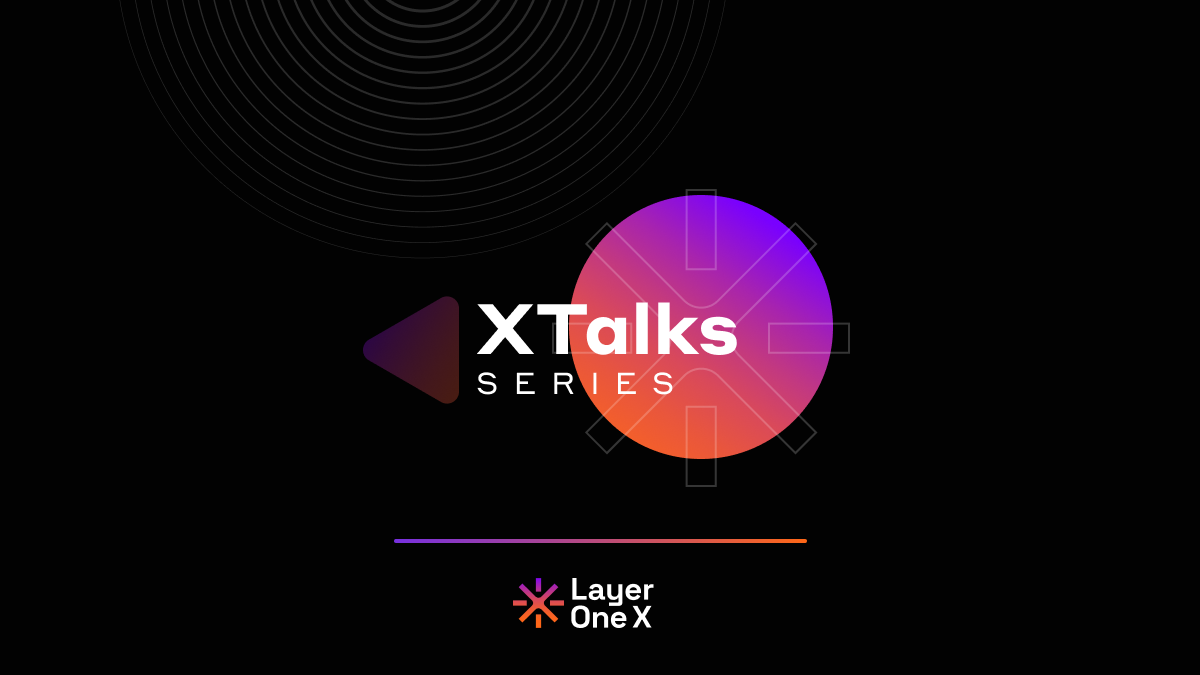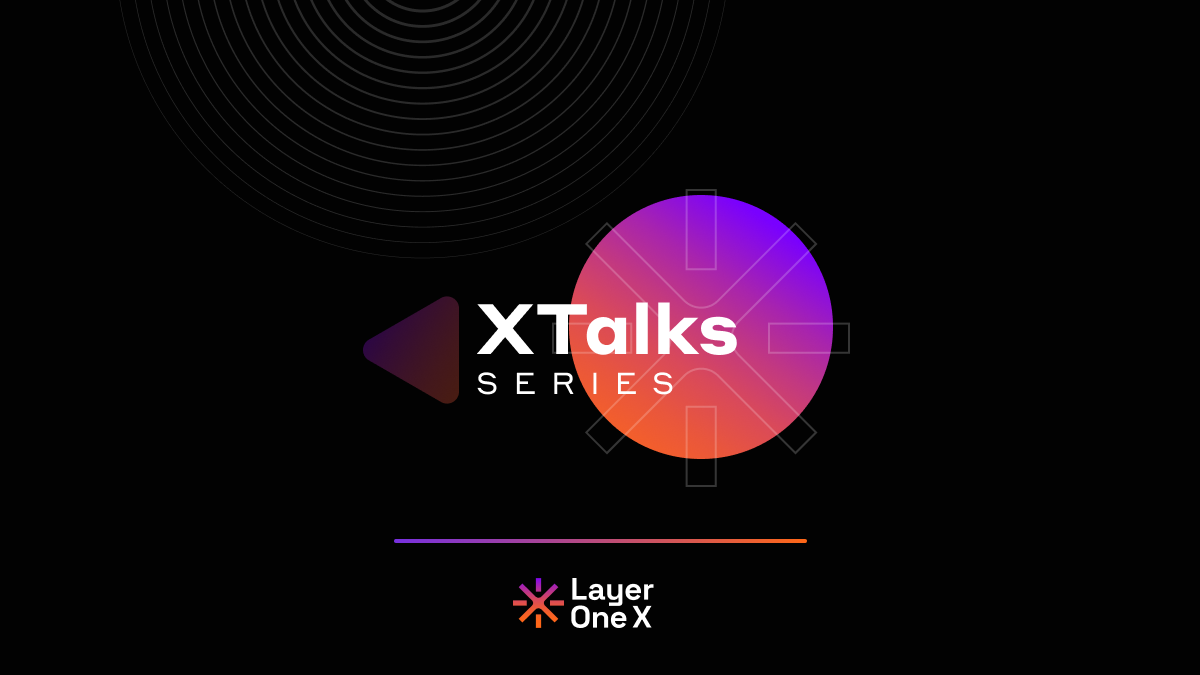X Live Space
In a recent Xtalks episode hosted by Kody, with Andrew on standby, a panel of experts—including Joel (Dash), Mo (OnlyFounders), Sponstar (treasure-hunt platform), and a representative from On Chain Lottery—discussed the future of decentralized identity (DID) and selective disclosure in the Web3 era. Referencing Layer One X Founder, Kevin, the panel explored whether society is ready to shift from data oversharing to privacy-preserving selective disclosures and if a unified digital identity can span banking, employment, social platforms, and crypto. With the digital identity market projected to grow from $21B to $77B by 2032, the conversation unpacked readiness, challenges, and visions for 2030.
Key Themes and Insights
- Readiness for Selective Disclosure: Sponstar argued users are ready, but government services lag, proposing soulbound tokens (SBTs) for privacy-layered, user-controlled ledgers. Joel emphasized robust, non-custodial recovery as a critical barrier, suggesting judicial precedents could legitimize DIDs. Mo raised concerns about coercive state IDs, advocating for user-empowered systems. On Chain Lottery saw Web3 identity as a complementary layer to legacy IDs, driven by data breach fatigue.
- Privacy Technologies: Zero-knowledge proofs (ZKPs) were highlighted for enabling attribute verification (e.g., proving age without sharing personal data). Dash’s approach includes private payments via usernames and encrypted on-chain notes. Layer One X’s bridgeless interoperability supports cross-chain DID, enhanced by AI-driven behavioral safeguards.
- Challenges: Recovery mechanisms, platform accountability for scams, and interoperability across chains were flagged as critical. Mo criticized platforms monetizing verification without mitigating fraud, while Sponstar shared how public exposure often forces platform action.
- Market Drivers: Growing demand for self-protection, regulatory pressures, and cross-sector digitization (healthcare, finance, creator economy) fuel market growth. Judicial recognition and privacy-preserving tech (ZKPs, SBTs, NFTs) will accelerate adoption.
Visions for 2030
- Joel: Permissionless pseudonymous identities with hardware/social recovery, unified profiles, and anti-spam measures like paid messaging.
- Mo: An invisible, seamless identity layer with ZKPs and insurance-like assurances beyond simple verification.
- Sponstar: Unified user-ledgers with ZKPs, platform accountability, and societal norms valuing privacy.
Recommendations
- Build privacy-first systems with ZKPs, SBTs, and encrypted metadata.
- Prioritize multi-layer, non-custodial recovery.
- Ensure cross-chain interoperability and embed AI-driven anomaly detection.
- Standardize attestation schemas and advocate for platform responsibility.
The panel envisions a privacy-first, interoperable DID ecosystem by 2030, powered by SBTs, ZKPs, and robust recovery. With user education, judicial precedent, and platform accountability, Web3 identity could redefine how we control and share data, balancing power and usability.








